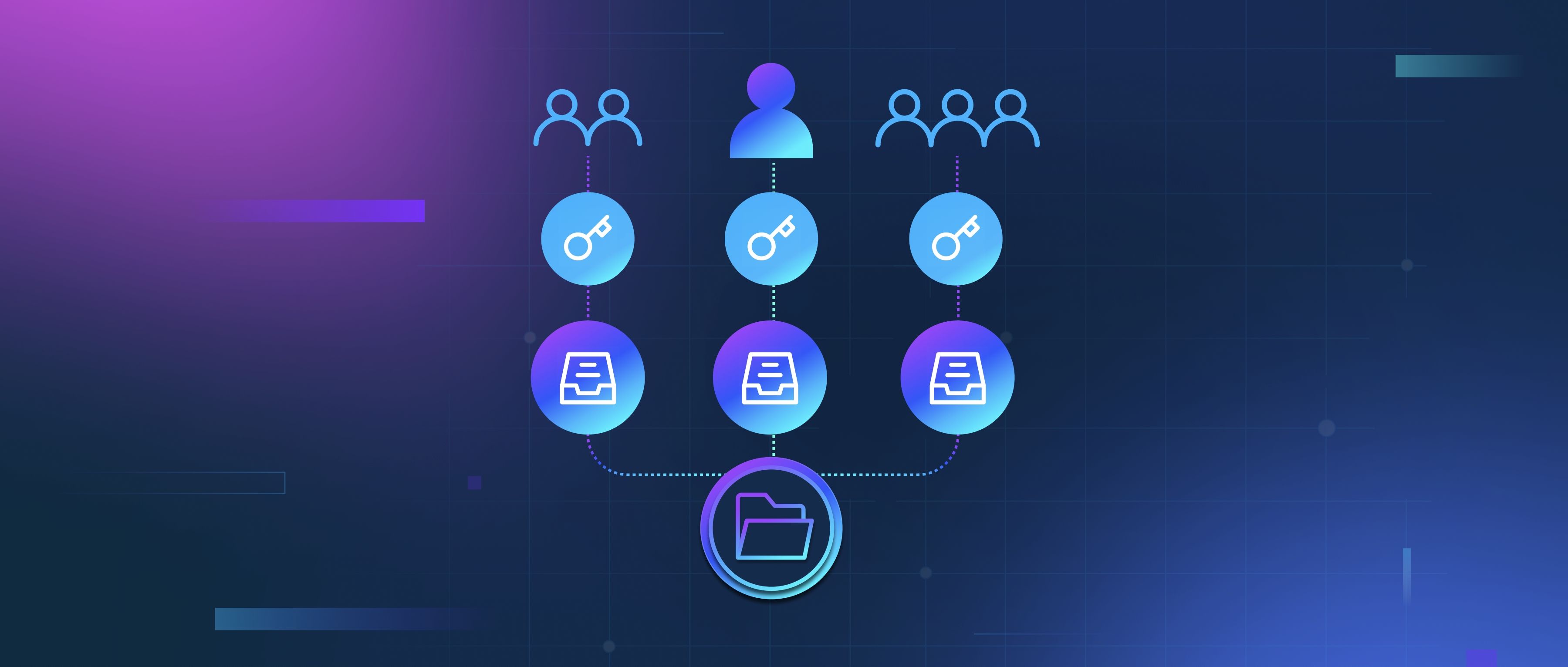Event-based Reinforcement Learning (RL) is a framework that focuses on learning from events or interactions that occur within an environment, rather than relying solely on continuous feedback or observations. In traditional RL, agents learn through trial and error, often using a predefined set of states and actions over continuous time intervals. However, in event-based RL, the agent is designed to respond to discrete events that can change its environment, such as sensor readings, user interactions, or system triggers. This approach makes the learning process more efficient and responsive, particularly in dynamic environments where changes happen unpredictably.
For example, consider a robotics application where a robot needs to navigate through an environment filled with obstacles. Instead of processing data continuously, the robot can be set up to receive events when it detects an obstacle or when a target appears in its path. When these events occur, the robot evaluates its current state, chooses the best action based on its learned policy, and updates its knowledge based on the outcome. This allows the robot to learn more effectively from significant moments that directly influence its decisions, rather than sifting through irrelevant data points over time.
Event-based RL is particularly useful in areas like robotics, autonomous driving, or online gaming, where environments are constantly changing and the timing of actions can be crucial. By focusing on events, developers can create more adaptive systems that learn from relevant experiences, thus improving performance and efficiency. This approach also lends itself well to scenarios with limited computing resources, as the agent only needs to process information in response to important events rather than continuously sampling the entire state space.
